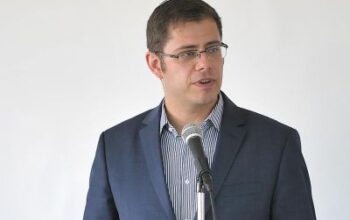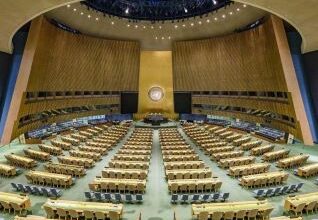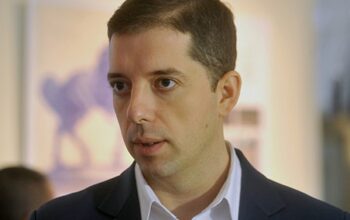In an op-ed published this week, EU Special Representative Lars-Gunnar Wigemark reiterated the EU’s commitment to BiH, and stressed the importance of rapid economic and political reform in the “re-sequenced” candidacy process. In the piece, Ambassador Wigemark identifies economic growth and effective coordination as two of the most important pieces of that process.
I am cautiously optimistic that real progress can be achieved in the next few years. But at the same time we need to be realistic about the challenges that lie ahead. The reform process will not be easy and many difficult decisions need to be made – but we believe that the EU-related reforms are the right answer for providing Bosnia and Herzegovina with a positive perspective for its future….
Firstly, the economy needs to be strengthened to improve living standards and get people into jobs. The statistics show how dire the situation is. More than 60% of young people have no job and overall hundreds of thousands of people are unemployed, which is an enormous missed opportunity for a country with so much potential….
Secondly, advancing on the EU accession path requires Bosnia and Herzegovina and its different levels of authority to be working more efficiently and effectively together.
Ambassador Wigemark emphasized that the EU does not expect or require further centralization of powers in BiH, however.
Effective coordination, however, does not mean that authority or competencies must be given up. It does mean that a new way of managing common affairs, as politics is often characterised, is required. And if politics can lead the way, I am confident that other areas of the society will follow suit and see a positive impact from closer cooperation between the peoples of Bosnia and Herzegovina.


